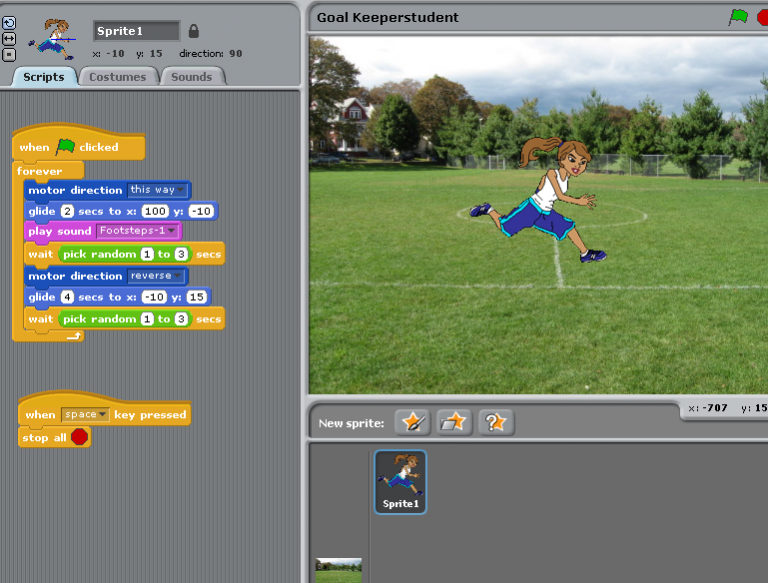

The script can contain multiple expressions.

Great for quick DB queries, generating guids, and other single line shenanigans.No need to add at the end and Dump() is called automatically on the expression result.


Driven by a “test and learn” methodology, Expedia likes to see how customers interact with new functionality before investing in a large-scale solution. This is critical for Expedia’s iterative style of development. Normally, Expedia would need to put up a page with the dreaded “down for maintenance.”įortunately, MongoDB allowed Expedia to radically change its schemas while running in production at scale, with zero impact on the customer experience. But that’s no small task – at least for most databases. Par for the course in a fast-moving business. After putting “Scratchpad” into production and seeing heavy customer use and feedback, the Expedia team radically changed the schema structure three times. Without database flexibility, innovation hits a wall. For Expedia, real-time personalization powered by MongoDB means customer loyalty, increased conversions, and a competitive edge that goes straight to the bottom line. Expedia can also analyze patterns to pinpoint trends that offer a better understanding of what customers are looking for.įor the consumer, personalization saves time, saves money, and gets them one step closer to what they’re really after: a vacation. MongoDB's rich indexes are used to power analytics that make personalized suggestions to users while they shop. When the customer returns, all the latest pricing and availability for their searches are displayed side by side on their Scratchpad. Expedia can even continue shopping for someone after that customer has closed out a session. MongoDB’s flexible data model makes it easy to store any combination of city pairs, dates and destinations. And that accomplishes all of this at scale. That collects highly-dynamic customer information in real-time and presents personalized offers on the fly. MongoDB’s flexible document store and simple horizontal scale-out make it possible for Expedia to create a feature that gives every user a relevant, seamless shopping experience. In the world of online travel, customers demand instantaneous, relevant results. With a relational database, it would be slow and difficult to normalize all the customer, session and product data through an ETL process, put it in a data warehouse and run only prescribed queries. All of this amounts to a great deal of unstructured data. They want to enter text notes about things they find. They look at different products, pictures, and reviews. Expedia searches span multiple lines of business, from flights to hotels to activities, all of which have different attributes: the time and number of connections for a flight the size and model of a rental car.


 0 kommentar(er)
0 kommentar(er)
